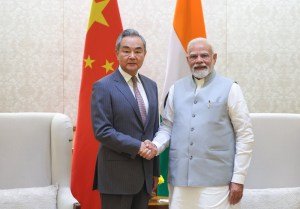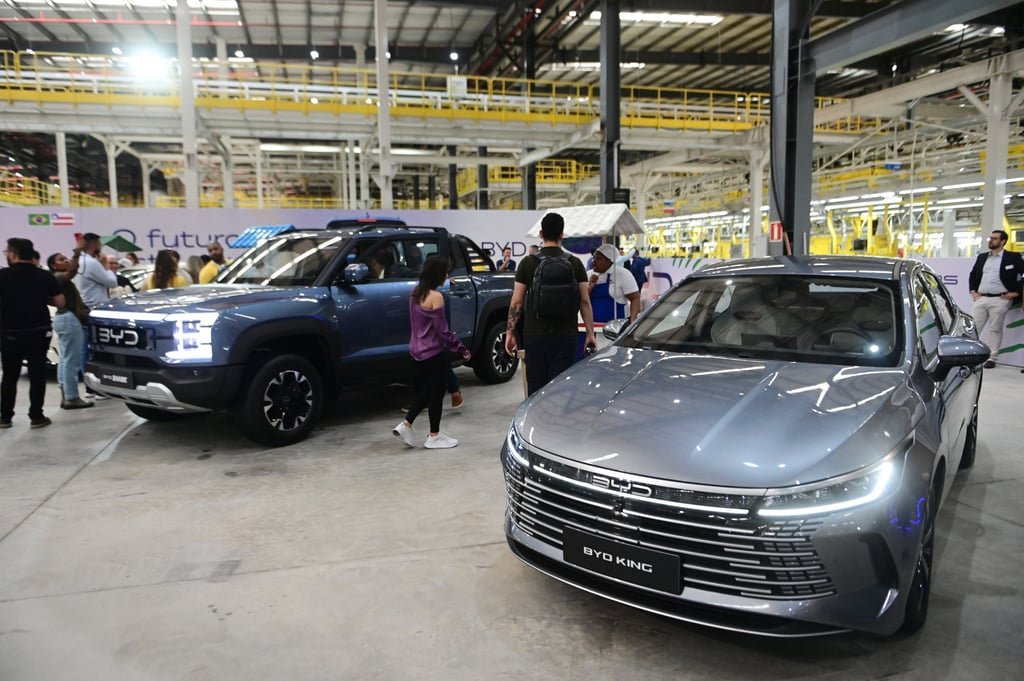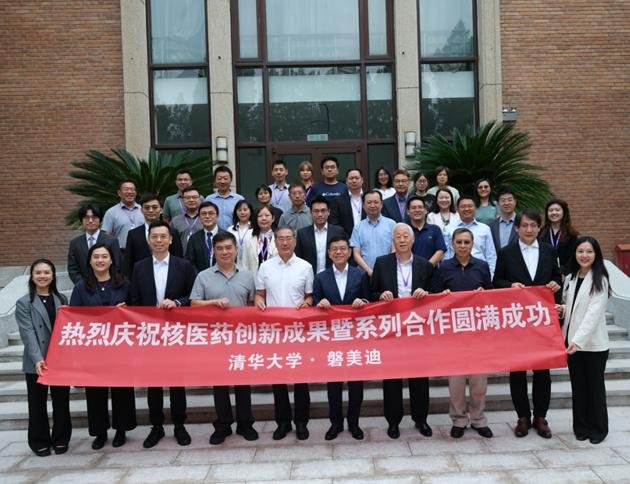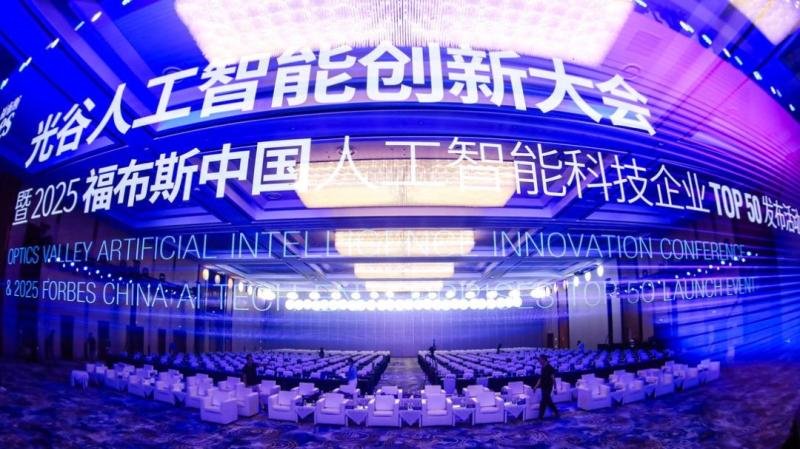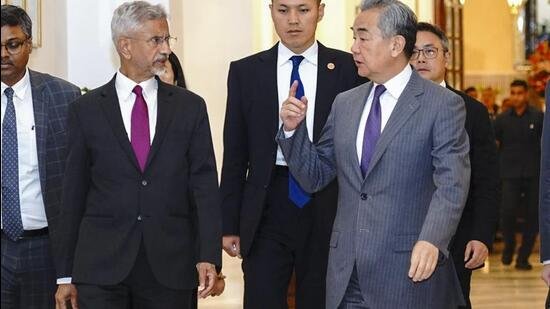Prime Minister Narendra Modi’s praise for Russian President Vladimir Putin and New Delhi’s renewed engagement with Beijing indicate another sign India is tilting away from the US in the face of Donald Trump’s unprecedented tariff hikes.

In a phone call with Vladimir Putin, after his crucial summit with US President Donald Trump in Alaska, PM Narendra Modi described the Russian leader as a “friend”. The two agreed to keep close contact, with Modi reaffirming that “India has consistently called for a peaceful resolution of the Ukraine conflict and supports all efforts in this regard”.
Putin also called Brazil’s Luiz Inacio da Silva on Monday to share information about the Alaska meeting, according to a statement from the Brazilian president’s office. During the call, the Russian leader “acknowledged Brazil’s involvement in the Group Friends for Peace” on Ukraine, which also includes China.
Putin had spoken with Modi, Lula and China’s Xi Jinping, the founding members of the BRICS group of major emerging-market economies, earlier this month before his meeting with Trump, news agency Bloomberg reported.
The timing is particularly interesting. Within hours of the call, external affairs minister S Jaishankar met with Chinese foreign minister Wang Yi, who is on his first visit to India in three years. Both sides stressed a willingness to move beyond recent tensions. “Having seen a difficult period in our relationship, now seek to move ahead. Differences must not become disputes, nor competition conflict,” S Jaishankar said as he interacted with his Chinese counterpart.
Also Read | How Donald Trump’s tariff bomb is pushing India closer to China
Wang was equally forward-looking. With “unilateral bullying” shaping the global order, he said, China and India should “regard each other as partners and opportunities, not as opponents or threats”.
China has privately assured India of fertilizer, rare earth and infrastructure equipment supplies, Hindustan Times was first to report it.
India’s tariff tensions with US
India’s outreach to Russia and China comes as relations with the US fray under Trump’s tariff push. The Trump administration has slapped a 50 per cent tariff on Indian exports over its purchases of Russian oil, a move that could cripple sectors dependent on overseas markets, Bloomberg reported.
India’s strong ties with Russia
India’s refusal to stop buying oil from Russia reflects decades of partnership, from Cold War defence deals to today’s trade. India has largely stayed neutral on Ukraine, refusing to align with Washington’s sanctions-heavy approach.
Signals of thaw with China
If Moscow is a steady partner, Beijing is the wild card. India-China ties hit a low point after a bloody border skirmish in 2020 at Galwan Valley.
But recent months have seen signs of fence-mending: Beijing has loosened curbs on urea exports, New Delhi has reinstated tourist visas for Chinese nationals, while a growing number of Indian businesses have been seeking partnerships with Chinese companies for deals including technology transfers, Bloomberg reported.
Trump’s tariffs on both countries’ exports, as well as threats to penalise India for buying Russian oil, are adding urgency to normalise ties, it added.
When asked if Beijing expects Putin to call President Xi Jinping as he did Modi and Brazil’s Luiz Inacio da Silva, foreign ministry spokeswoman Mao Ning said “the heads of state of China and Russia have maintained smooth communications channels.”
Mao added that she had “no information to offer” on any immediate plan for Xi to speak with Putin.
PM Modi to visit China
Modi is, meanwhile, poised to visit China and hold meetings with Xi later this month on the sidelines of the Shanghai Cooperation Organisation summit. If confirmed, it would be Modi’s first visit to China in seven years.
Jaishankar said that “overall, it is our expectation that our discussions would contribute to building a stable, cooperative and forward-looking relationship between India and China.”
(With inputs from Bloomberg)

